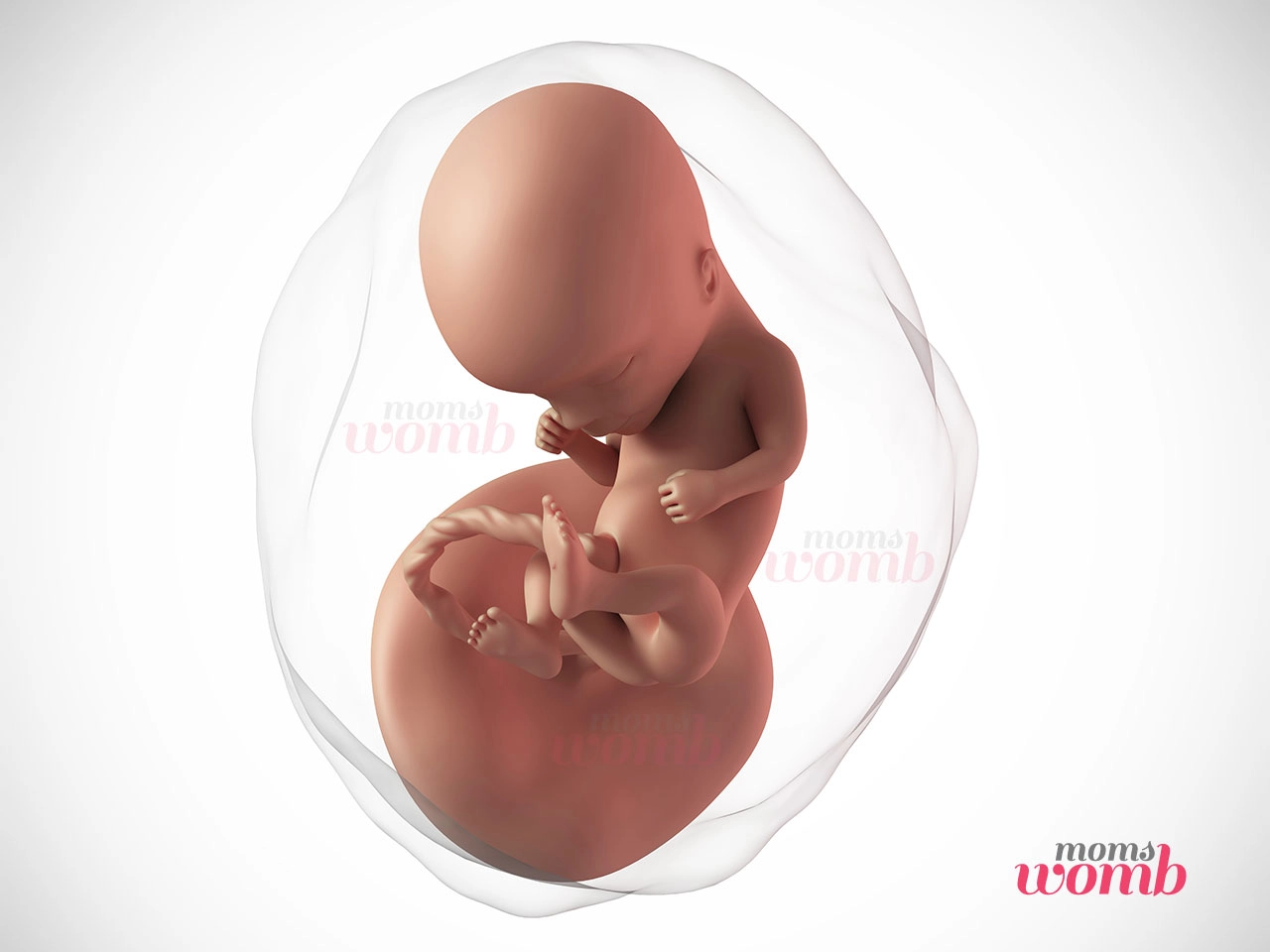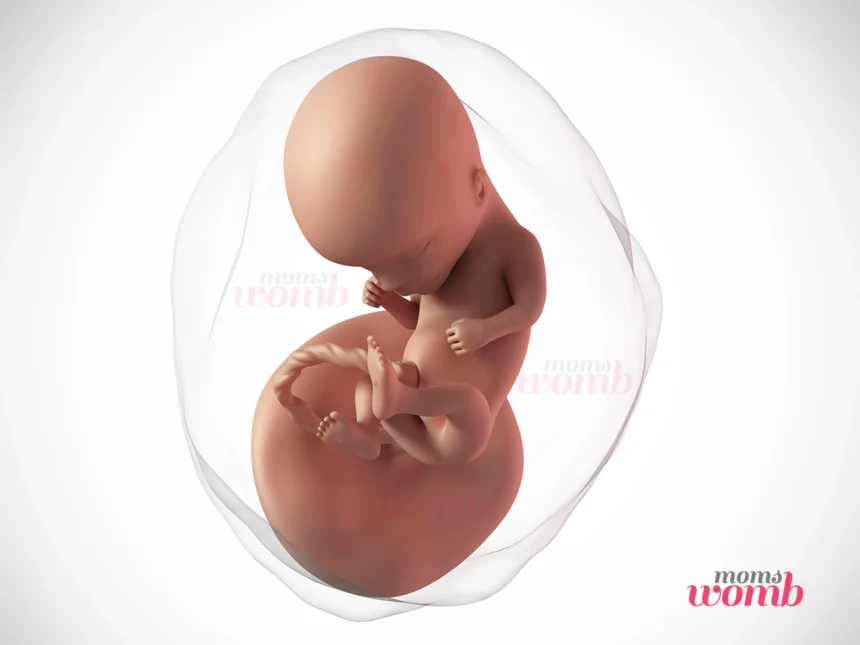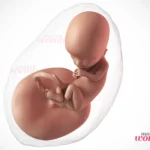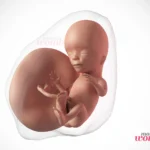It’s time to rejoice over the good news! You are 14 weeks pregnant now.
The second trimester is nothing, but you are officially in your glory days of pregnancy. By the end of the week, you’ll have less nausea and you’ll have more energy.
The second trimester is mainly related to your baby’s growth. There are a lot of changes happening with your baby, and this is the right time to connect with the new life inside you. Every day, try to spend some time with your baby. Studies say that connecting with the child during your pregnancy may help form a special mother-child bond.
Keep your hand on your baby and gently rub the belly. Think about the new life growing inside, which makes a great difference to you and your baby.
Symptoms experienced at 14 Weeks Pregnant:
When you are 14 weeks pregnant, you may experience little gas or any kind of abnormal bowel difficulty, this is because the little one is pushing inside you. You may notice the sensation increasing in frequency and intensity.
Also, higher levels of iron in your diet can cause constipation, which is very normal in pregnant women. So, to avoid pregnancy constipation, drink plenty of water and eat fresh fruits and vegetables.
The most common symptoms experienced by a 14-week-pregnant woman include headaches, dizziness, and back pain. If you have back pain during this period, then it will become more intense as you gain more pounds by the end of the second trimester.
Another pregnancy symptom that you experience during this period is water retention. This condition causes swelling of the legs, fingers, ankles, and toes. These symptoms are perfectly normal, and even if you experience them, don’t panic. It will subside within a few days.
The second trimester is the time when you have more trouble sleeping. Because of the increase in belly size, sleeping and moving in bed will be difficult. You can slightly decrease the discomfort by using a pregnancy pillow. Place the pillow under the tummy and in between the thighs.
Physical changes at 14 weeks Pregnant:
Day by day, your waistline becomes thicker and shifts upward. You will become more aware of the condition as each week passes.
During pregnancy week 14, you should remember that what you eat and what you inhale can have a great impact on the normal growth of the baby. So, it is recommended that you consult your doctor and get the best diet for yourself as well as for the healthy development of your baby.

Make sure that the environment you live in is perfectly clean and comfortable. Stay away from the pets and also avoid cleaning the litter boxes, as there are some harmful particles in the cat litter that can lead to severe complications for you and the baby.
Fetal changes that occur:
This week your baby is about 80–89 mm in length and weighs approximately 25 grams (0.9 ounces). The baby’s head is now 1/3rd of the baby’s total body length. Baby’s neck continues to grow longer, which means the chin will no longer rest on the chest.
The placenta is completely developed, and the rich group of blood vessels is functioning as a life support system for your baby. The maturation of the umbilical cord is almost complete. The cord is made up of three entwined blood vessels that are covered by a fatty layer. The cord contains one large vein, which carries nutrition and oxygen-rich blood to the fetus, and two small veins that carry carbon dioxide and waste products from the fetus to the placenta. The placenta is also responsible for the transfer of antibodies to the fetus to fight against infections.
Now it is clear that a significant portion of what you eat and drink will transfer to the baby, including food, alcohol, and even drugs. So, make a healthy plan and eat accordingly. Miscarriage
The circulatory system of the baby continues to develop. The baby can swallow the amniotic fluid, which can be released in the form of urine. After birth, your baby begins to develop sucking reflexes and exercise the muscles that will help the baby breathe and swallow.
The facial features are showing more clear lines. You can see facial features such as the forehead, nose, and chin. The toes and fingers are also completely developed, and you can differentiate the genitals.
The baby needs to mature through the weekend. When you provoke the baby, it responds by making active movements, but still, you can’t feel the baby’s kicks.
What is the best care?
- From this week, Hydration can help with constipation, also helps with improving skin condition. Comfortable footwear, enough rest, and sufficient nutrition can help to reduce the pain.
- You can also consider prenatal yoga which can give great relief from back pain. A pregnancy massage can help to reduce the strain on your back muscles and reduce the pain.
- Make sure that before starting any physical activity, you need to get your doctor’s approval. Start gradually because practicing strenuous exercises can increase the chance of injury.
- If you still feel discomfort with constipation, you need to take a diet rich in fiber. Drinking enough water helps with constipation and improves skin condition. Gestational diabetes
Maintain a journal and write down everything you feel and experience during pregnancy. Most women consider it a means of communication with the baby.
You will need to undergo several prenatal tests in the coming weeks. After entering the second trimester, it is essential to visit the doctor. Ask your doctor about the AFP test, which is performed between 15 and 21 weeks after your last menstrual period, or amniocentesis, which is performed between 14-18 weeks after your last menstrual period.
During the procedure, a needle is inserted into the uterus to collect some amniotic fluid. Amniotic fluid gives the most important information about the baby’s health. Artificial insemination
Have a wonderful pregnancy experience! Go on to know more about the exciting things during pregnancy week 15…









